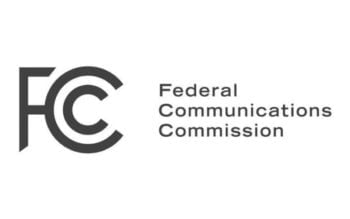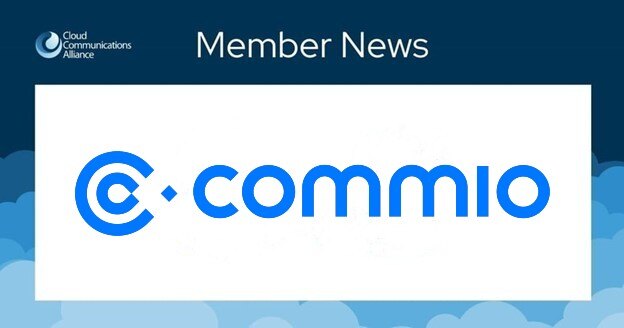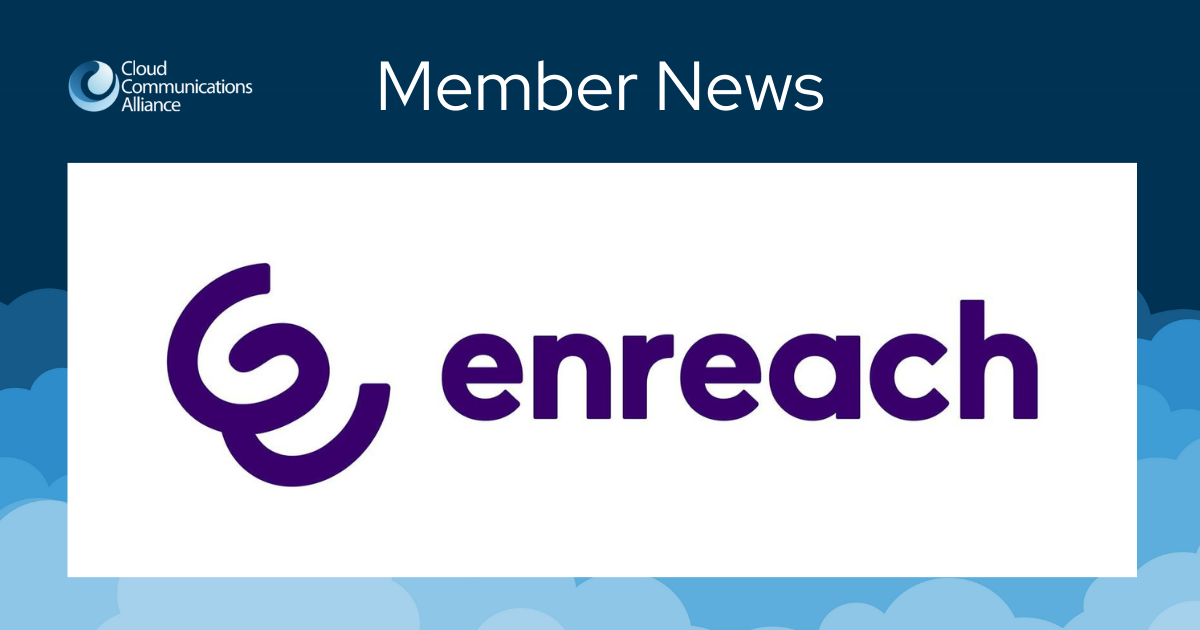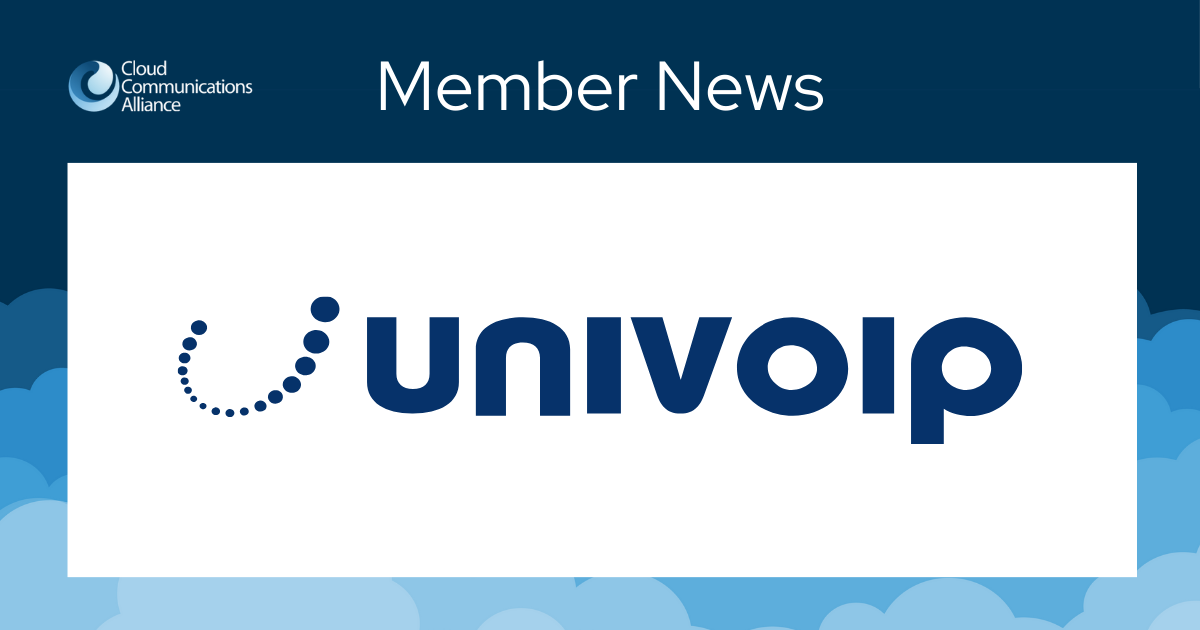The FCC will take up yet another order implementing the telecommunications industry-developed framework to verify that the information that appears in the caller ID is accurate. The framework is designed to combat illegal robocalls by preventing scammers from pretending that they are calling from a government agency or from a neighborhood number. Congress and the FCC require all providers of voice services to implement this framework, called STIR/SHAKEN, by June 30, 2021, with certain exceptions. The draft order will be considered at the FCC’s next open meeting on Sept. 30. Interested parties have until Sept. 23 to advise the FCC of any concerns with the draft order, which can be found here.
The STIR/SHAKEN framework will require voice service providers that originate a call to digitally sign the call attesting that the person or company making the call is authorized to use the phone number appearing in the caller ID. The voice service provider serving the called party then verifies the authenticity of the signature before completing the call. The framework currently only works on IP-enabled telephone networks.
The draft order takes significant actions including requiring all voice service providers to certify to the FCC that they either are digitally signing calls under this framework or that they are taking steps to prevent their customers from making illegal calls. They must also certify that they will cooperate with requests from the FCC, law enforcement agencies or a designated industry group to identify the carrier or customer that sent them suspected illegal traffic. This certification requirement will also apply to foreign carriers that send traffic to the United States and that insert a U.S. number into the caller ID. All of these certifications will then be compiled into a publicly available database. Providers that transmit or terminate calls can only carry traffic from a provider that appears in this database, which will become operational sometime after June 30, 2021.
The draft order also includes the following major provisions:
- Clarifies that the requirement to implement STIR/SHAKEN applies to all voice providers using IP technology, including one-way services that only make or receive calls, and providers whose services run over the top of other broadband networks as long as the provider has control over the equipment necessary to digitally sign a call.
- Extends the June 30, 2021, implementation deadline by two years for small voice service providers, defined as those with 100,000 or fewer lines;
- Extends the deadline for providers that are not eligible to obtain the necessary credentials to sign calls under current industry guidelines because they have not or cannot obtain direct access to telephone numbers;
- Extends the deadline for providers operating non-IP networks but also requires that, by June 30, 2021, such providers either upgrade their entire network to IP or show they are working toward a call authentication solution that works on non-IP networks;
- Requires providers that receive a deadline extension to make a public filing with the FCC describing the detailed practices they have implemented that can reasonably be expected to significantly reduce the origination of illegal calls on their networks;
- Requires providers that carry traffic from one provider to another provider in IP form to pass along unaltered the digital signatures they receive. If these intermediate providers receive an unsigned call, they may either sign the call themselves based on industry standards or register and fully cooperate with the single industry group designated to request information about the sender of suspected traffic; and
- Precludes providers from recovering certain costs associated with implementing the framework by imposing separate line item charges on residential and small business customer bills but does not preclude cost recovery by other means, such as general rate increases.
This draft order adds to the government’s efforts to combat robocalls by imposing an increasing array of obligations on voice service providers to police their networks to ensure that illegal calls are not getting through to consumers. Voice service providers and their customers, particularly business customers that make many calls, need to be aware of these new obligations and how to best ensure that legitimate calls do not inadvertently get blocked in the effort to stem illegal robocalls.
https://www.bhfs.com/insights/alerts-articles/2020/the-fcc-slated-to-take-further-steps-to-combat-robocalls



